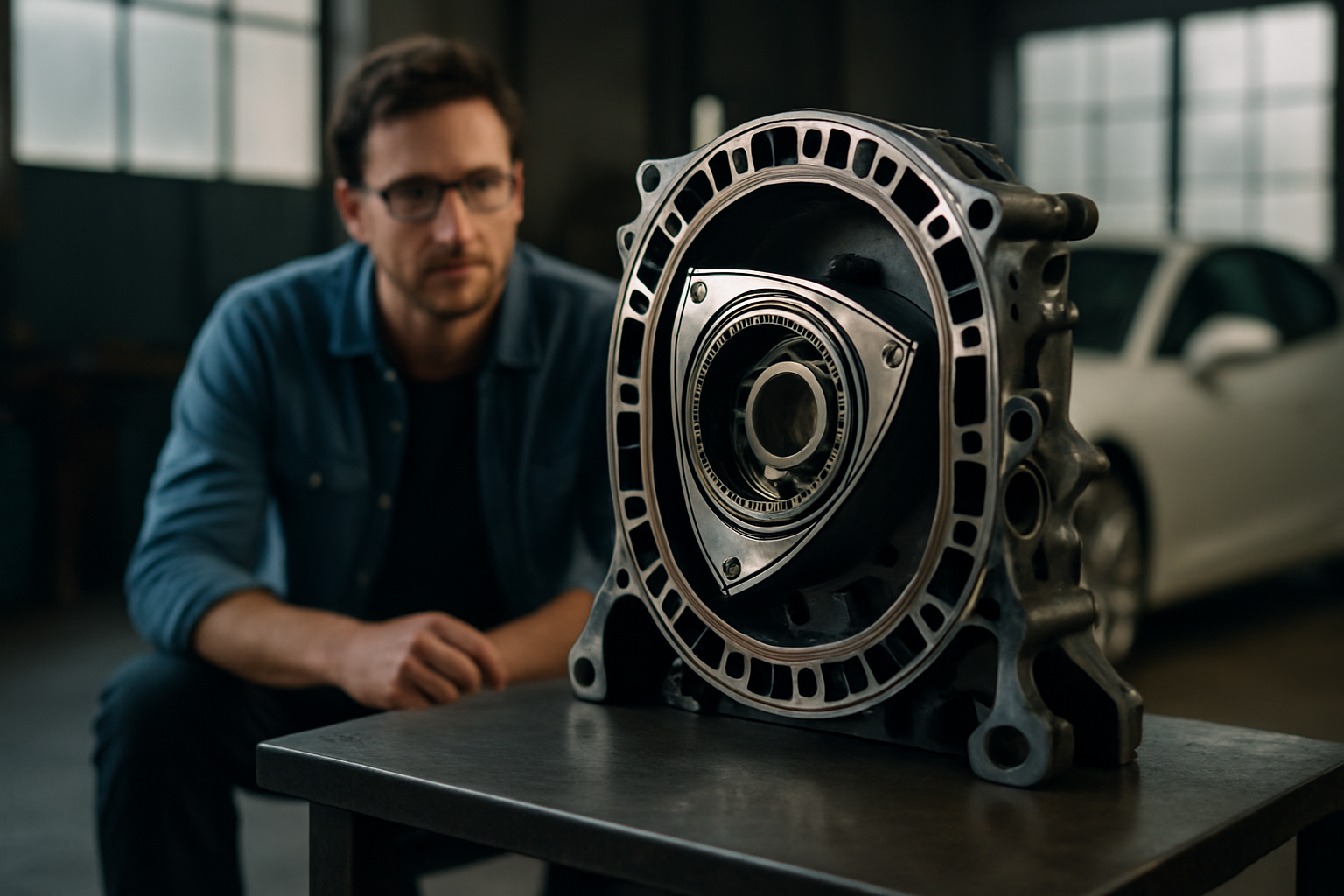Remanufactured Engines – A Smart and Reliable Alternative to New Power Units
Remanufactured engines provide an economical and dependable solution for vehicle owners who want to restore performance without the expense of a new engine. Professionally rebuilt to meet original manufacturer standards, these engines undergo detailed inspection, replacement of worn parts, and quality testing to ensure long-lasting reliability and efficiency.

Vehicle owners dealing with engine failure often assume that purchasing a new engine is their only viable option. However, remanufactured engines present a compelling alternative that delivers comparable performance at a fraction of the cost. Understanding what these engines offer and how they differ from other options can help drivers make informed decisions about their automotive needs.
What Are Remanufactured Engines and How Do They Work?
Remanufactured engines are used power units that have been completely disassembled, cleaned, inspected, and rebuilt to meet original equipment manufacturer specifications. Unlike simple repairs or used engines sold as-is, remanufactured units undergo rigorous processes where worn or damaged components are replaced with new or refurbished parts. The engine block, crankshaft, pistons, and other critical elements are machined to precise tolerances, ensuring the final product performs like a factory-fresh engine. This comprehensive approach addresses wear patterns and potential failure points, extending the engine’s operational lifespan significantly.
How Does Certified Engine Rebuilding Ensure Quality?
Certified engine rebuilding follows strict industry standards and quality control protocols. Reputable rebuilders employ trained technicians who use specialized equipment to measure tolerances, test components, and verify performance. The process typically includes magnafluxing to detect invisible cracks, precision machining of cylinder walls, replacement of bearings and seals, and thorough cleaning of all parts. Many certified facilities operate under ISO certifications or automotive industry standards, providing customers with documentation and warranties that guarantee workmanship. This certification process distinguishes professional remanufacturing from basic repair work, offering peace of mind that the engine meets stringent performance criteria.
Is Remanufactured Engine Replacement Cost-Effective?
One of the most significant advantages of choosing a remanufactured engine is the substantial cost savings compared to purchasing a new unit. While a brand-new engine can cost anywhere from $4,000 to $10,000 or more depending on the vehicle make and model, remanufactured engines typically range from $2,000 to $5,000, including core charges. Installation labor costs remain similar regardless of whether the engine is new or remanufactured, generally adding $1,000 to $2,500 to the total expense. For many vehicle owners, especially those with older cars or trucks that still have good body and interior condition, this cost difference makes engine replacement financially sensible rather than purchasing a different vehicle.
| Engine Option | Typical Cost Range | Warranty Coverage | Expected Lifespan |
|---|---|---|---|
| New OEM Engine | $4,000 - $10,000+ | 3-5 years/unlimited miles | 150,000+ miles |
| Remanufactured Engine | $2,000 - $5,000 | 1-3 years/12,000-36,000 miles | 100,000+ miles |
| Used Engine | $500 - $2,500 | Limited or none | Variable, 50,000+ miles |
| Basic Rebuild | $1,500 - $3,500 | Limited, 6-12 months | Variable |
Prices, rates, or cost estimates mentioned in this article are based on the latest available information but may change over time. Independent research is advised before making financial decisions.
Can Remanufactured Engines Deliver Reliable Vehicle Performance?
Remanufactured engines are designed to restore vehicles to their original performance levels. When properly installed and maintained, these engines provide reliable operation that matches or exceeds the performance of worn original engines. The rebuilding process addresses common failure points and wear patterns, potentially making the remanufactured unit more dependable than a high-mileage used engine. Most reputable manufacturers back their products with warranties ranging from 12 months to three years, demonstrating confidence in their reliability. Proper break-in procedures and regular maintenance following installation are essential to maximizing performance and longevity. Many fleet operators and commercial vehicle owners routinely choose remanufactured engines because of their proven track record in demanding applications.
Why Are Remanufactured Engines a Sustainable Automotive Solution?
Choosing a remanufactured engine offers significant environmental benefits compared to manufacturing new engines. The remanufacturing process requires substantially less energy and raw materials than producing a new engine from scratch. It reduces the demand for mining and processing virgin metals, decreases manufacturing emissions, and keeps used engines out of landfills. Industry estimates suggest that remanufacturing saves approximately 80 percent of the energy required to produce a new engine. Additionally, the practice supports a circular economy by extending the useful life of existing materials and components. For environmentally conscious consumers, selecting a remanufactured engine represents a practical way to reduce their automotive carbon footprint without sacrificing performance or reliability.
What Should You Consider Before Purchasing a Remanufactured Engine?
Before committing to a remanufactured engine, vehicle owners should research the rebuilder’s reputation, warranty terms, and certification status. Requesting documentation about the rebuilding process, component replacement standards, and quality control measures helps ensure you receive a quality product. Understanding what the warranty covers and any conditions that might void it is essential. Additionally, consider the age and overall condition of your vehicle—investing in a remanufactured engine makes most sense when the rest of the vehicle is in good condition. Consulting with a trusted mechanic about compatibility, installation requirements, and expected performance can provide valuable guidance. Finally, comparing quotes from multiple suppliers and understanding what is included in the price, such as core charges, shipping, and technical support, helps ensure you make an informed financial decision.
Remanufactured engines represent a practical middle ground between costly new engines and risky used alternatives. They offer vehicle owners an opportunity to extend their car or truck’s life while managing expenses responsibly. With proper research, quality selection, and professional installation, a remanufactured engine can provide many more years of dependable service.




